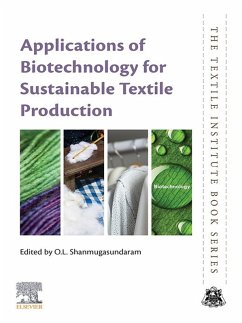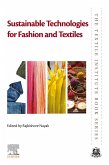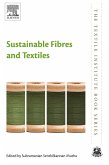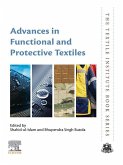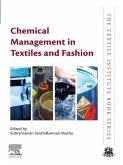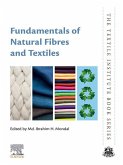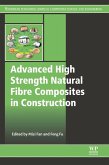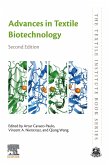The textile industry is highly motivated to reduce its use of natural resources, reduce waste, and cost. Processes such as dyeing, printing and finishing fabrics traditionally require a lot of water and can produce hazardous wastes as a by-product. In order to help improve these processes, this book evaluates different technologies, comparing them as ways of saving water, energy, material waste, and time, in addition to the reduction of wastewater and sludge. Technologies investigated include enzymatic treatments, ultrasonic treatments, advanced cotton fiber pre-treatment to increase dye receptivity, nano-biotechnology, plasma technology, and foam technology in the finishing process. Health risk assessments and complications resulting from usage of chemicals and other traditional processing technologies are also examined.
- Addresses all five main stages of textile processing, including pre-treatment, dyeing, finishing, drying, and quality control
- Provides an overview of the techno-economic context of the modern textile industry, explaining where sustainability fits with other priorities
- Includes case studies throughout showing how these methods can be used for sustainable textile production
Dieser Download kann aus rechtlichen Gründen nur mit Rechnungsadresse in A, B, BG, CY, CZ, D, DK, EW, E, FIN, F, GR, HR, H, IRL, I, LT, L, LR, M, NL, PL, P, R, S, SLO, SK ausgeliefert werden.

